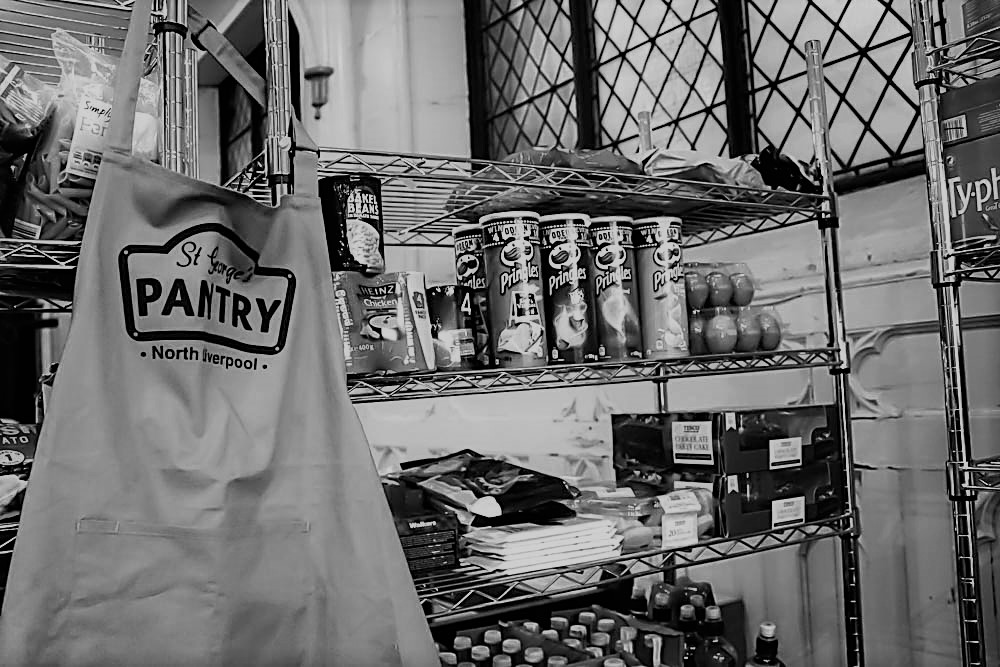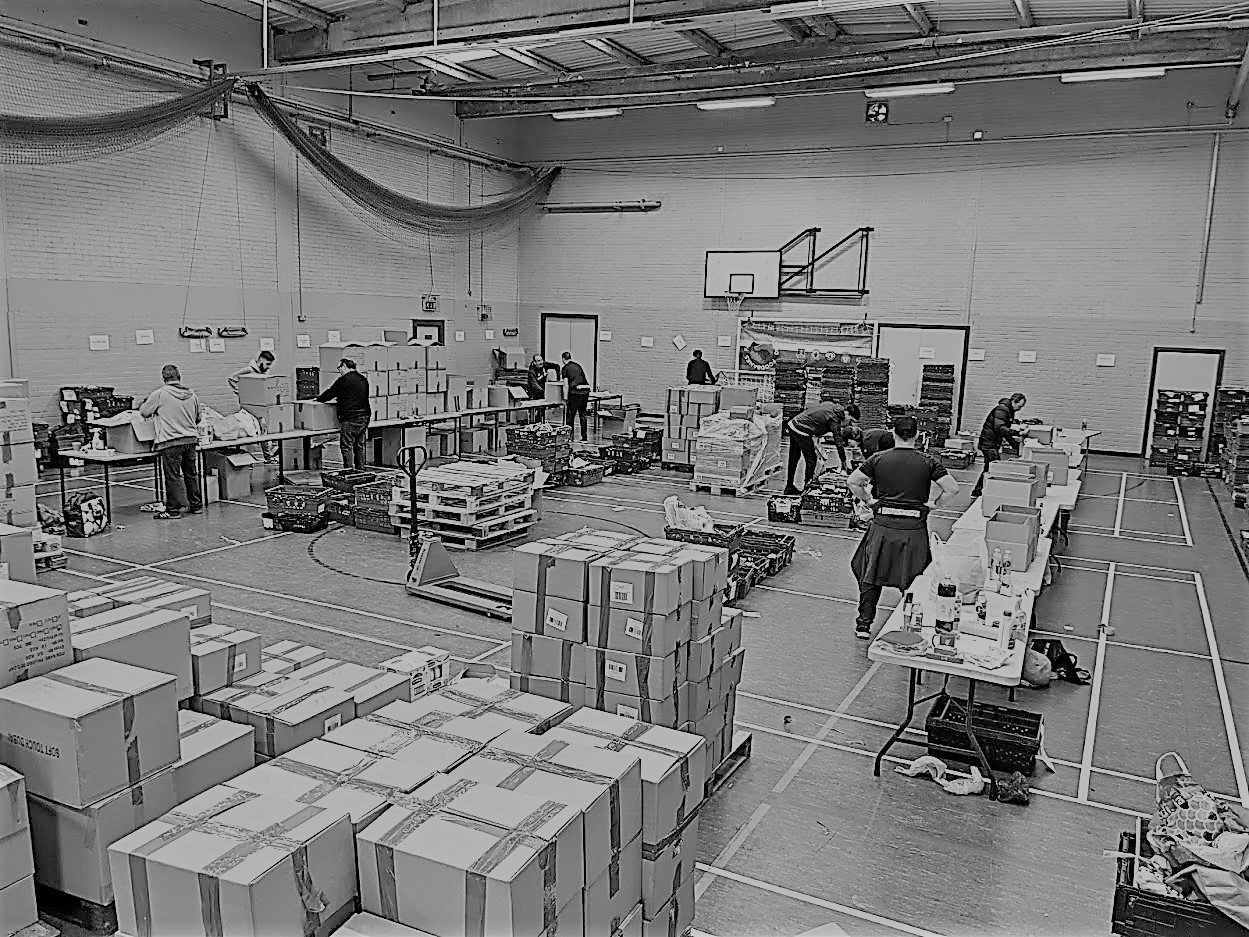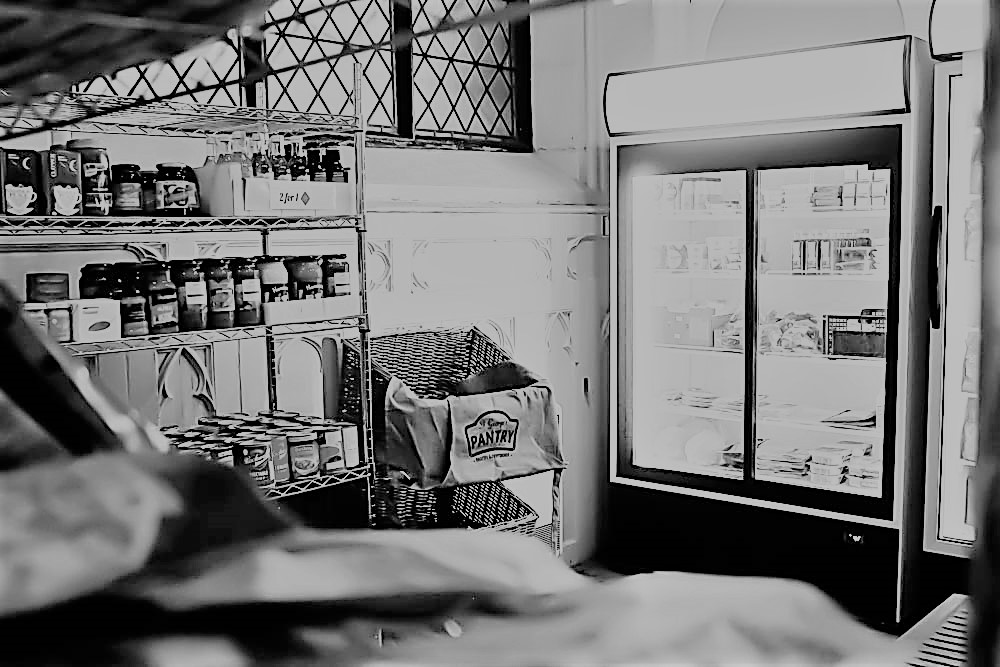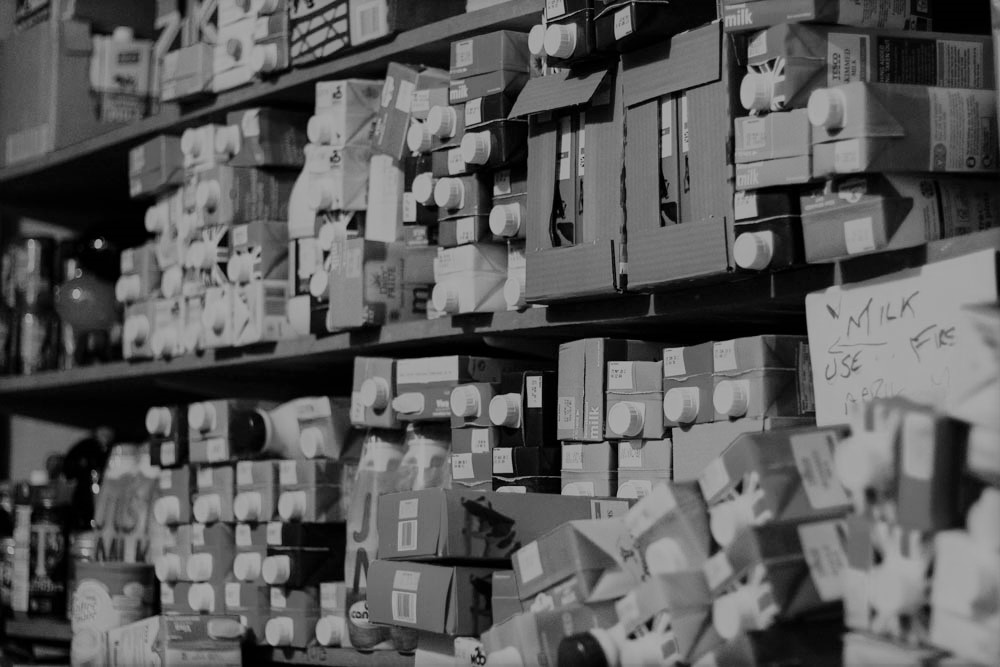In this week’s blog, William Temple Scholar Matthew Barber reflects on both the disorientation and the opportunities presented by life in lockdown and urges us to see local leadership as a vital resource moving forward.
Lockdown has changed the way we live. I have moved in with my fiancée in Liverpool (a new city for me). We have begun to come to terms with the cancellation of our wedding and the reality of married life in all but name, without the chance to commit to it before our friends, family and God. I have celebrated my birthday over Zoom. As a freelancer I have had multiple pieces of paid work cancelled in recent months, leading to tough personal circumstances. And last week, I submitted my PhD.
I have been hit by conflicting emotions of fortune—I have sufficient space and support to live safely and securely for now—and frustration—I want to do more to support people and communities around me. It has been a difficult and disorientating time. However, in coming to terms with new circumstances, we can also open ourselves up to new possibilities produced by the passage through liminal spaces of hope.
Last year on the Foundation blog, I discussed liminality as the new normal. I considered conflicting questions arising from living in uncertain times, empowering people and communities and doing so through embracing our differences such that we could build bridges and relationships, and renew a sense of shared values. I borrowed from Archbishop William Temple and his inspiration for the welfare state in post-war Britain:
“[O]ut of one of the darkest periods of our history also emerged health, hope and connection across our communities, inspired by Temple and his contemporaries. There are ideas and movements emerging [now], but the challenge is to connect them.”
How much more is this the case now compared to nine months ago.
In moving to Liverpool, I have been both humbled by the personal welcome and encouraged by the networks of care and collaboration that are flowing through communities. St Andrew’s Parish Church, in the community where I now live, is influencing faith-based expressions of welcome and care locally through St Andrew’s Community Network, an initiative that has grown out of the church and serves the north of the city through alliances with faith-based and secular partners alike. Their leadership has been exemplified through, in light of lockdown, receipt of crowd-funded donations of over £100,000 through their partnership with Fans Supporting Foodbanks to continue to ensure emergency food supply gets to the most vulnerable. After lockdown began the City Council put out a call for support for food security. The network picked this up along with multiple other local partners. As of 21st May, hundreds of people (152 new volunteers) had picked, packed and provided over 25 tonnes of food to 2000 people. And the support carries on.
There is authentic and relational work already being done, but in speaking to Reverend James Green, the vicar of St Andrew’s, the emergence of underlying stories of change become more apparent. Lockdown life has unearthed a ‘rebirth of local community’ characterised by multiple expressions of care and solidarity. ‘Clap for carers’ and WhatsApp groups, as well as church online are obvious examples, but James describes an emerging ‘trellis and framework’ that suggests a deeper connection. People are talking to their neighbours again and church members are responding in ways that were, frankly, unexpected. Whilst, food insecurity is going to be a big problem to come, it is being ‘hotwired’ now, through the launch of a Food Pantry and integration with ‘The Network’. Lockdown has revealed disorienting and liminal conditions that need a response. St Andrew’s and ‘The Network’, amongst many others, exemplify this.
As Temple before us, we are seeking local leadership for a liminal age that connects locally, regionally and nationally. In October 2019 a Spaces of Hope gathering in Stockport in south Manchester discussed the challenges for leadership in a liminal age. Building on data from the 2018 Hubs Network, community fieldwork with Winning Hearts and Minds in North Manchester and the 2019 Inquiry into the Future of Civil Society in England, practitioners and activists highlighted different characteristics for leadership in a liminal age. These included listening to local contexts, being values-led, acting with integrity and empowering others. In Stockport, as in Liverpool, there was an appetite to go beyond crisis support and open up new spaces of hopeful possibilities between people in communities.
A challenge raised by lockdown is whether local leadership will be acknowledged by new policy and practice developing at regional and national level. There is advocacy from policy leaders such as Professor Donna Hall from New Local Government Network who last week used Twitter to promote local shared values within local governance systems. An article in The Lancet highlighted the strengths of this approach too. Additionally, in last week’s House of Lords debate, the new Bishop of Derby (former Bishop of Stockport) Libby Lane used her maiden speech to highlight that it is the most vulnerable—children in poverty—who are facing increased insecurity as a result of this crisis. The Bishop noted that the next generation are picking up the legacy of how we respond to the issues of today, saying that ‘solutions need to be long-term and sustainable’.
Lockdown has been disorienting. But there are lessons to be learned. For the sake of each of us, we must develop leadership for the new liminal age to come, that listens, starts at a local level, and looks long term, unearthing shared values that shape new spaces of hopeful possibilities.
More blogs on religion and public life…
Cummings and the Church: An opportunity to grasp? by Chris Baker
Review of ‘The Place of the Parish: Imagining Mission in our Neighbourhood’ by Martin Robinson
Pandemic & Pestilence: When We Almost Notice That Black Lives Matter Less by Sanjee Perera
On the Unfairness of Life, Death, and COVID-19 by Edward Hadas
More blogs on religion and public life
- Faith and Voting: The UK general election 2024
by Matthew Barber-Rowell - Labour and Faith – Brave New Reset or Faith-Washing?
by Chris Baker - Lessons for an election year from the Bishop of Unity
by Ian Mayer - Food, hope and love: the local church in a time of crisis?
by Paul Monk - Radical hope in the midst of poverty in the city
by Grace Thomas




Discuss this